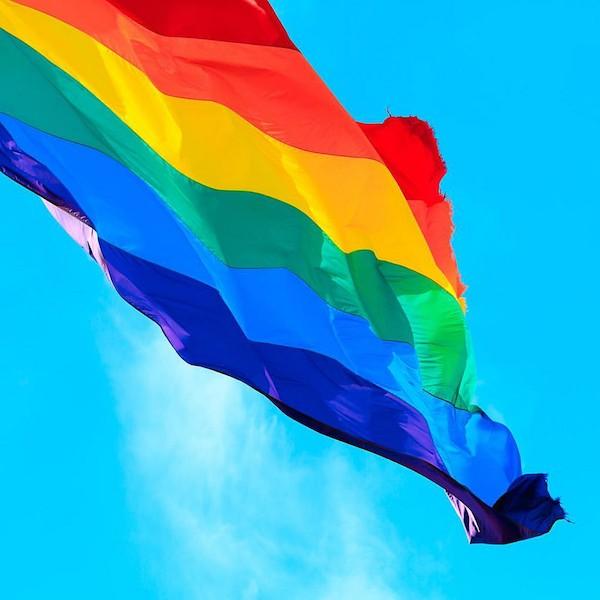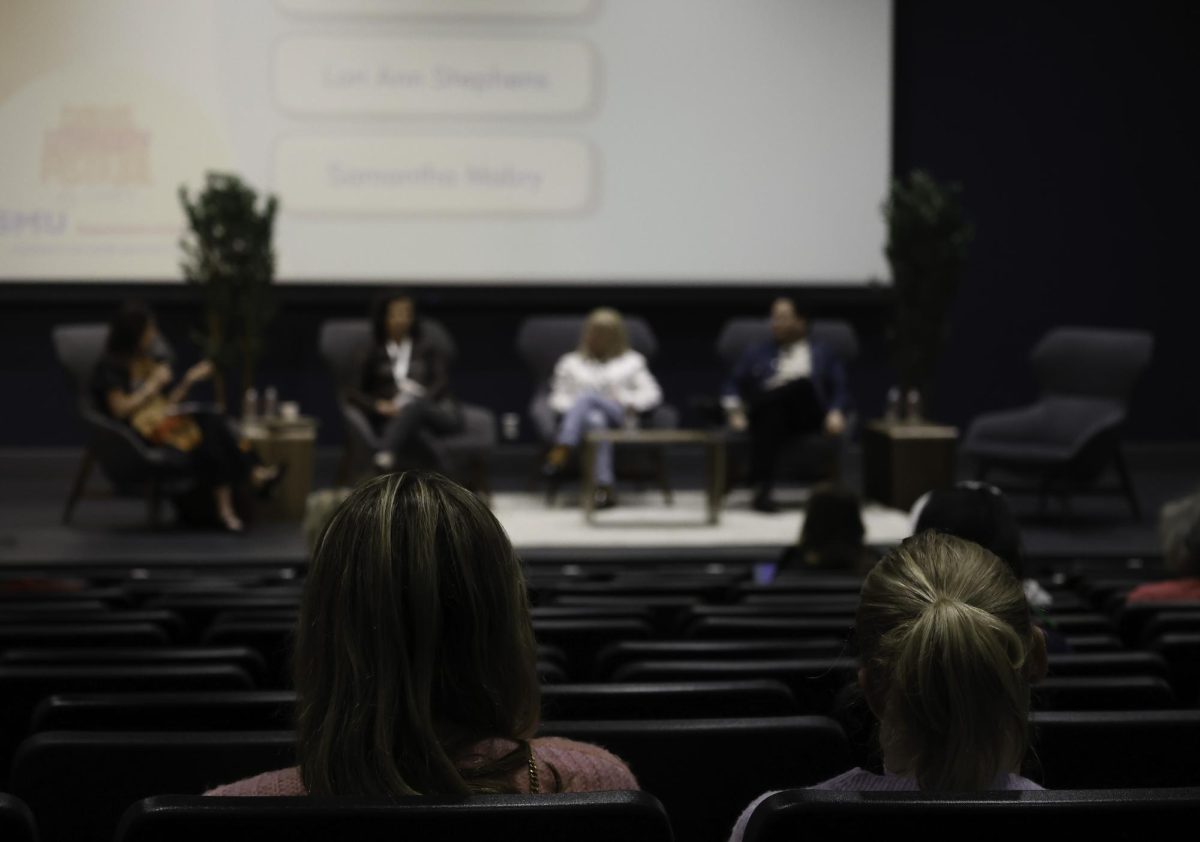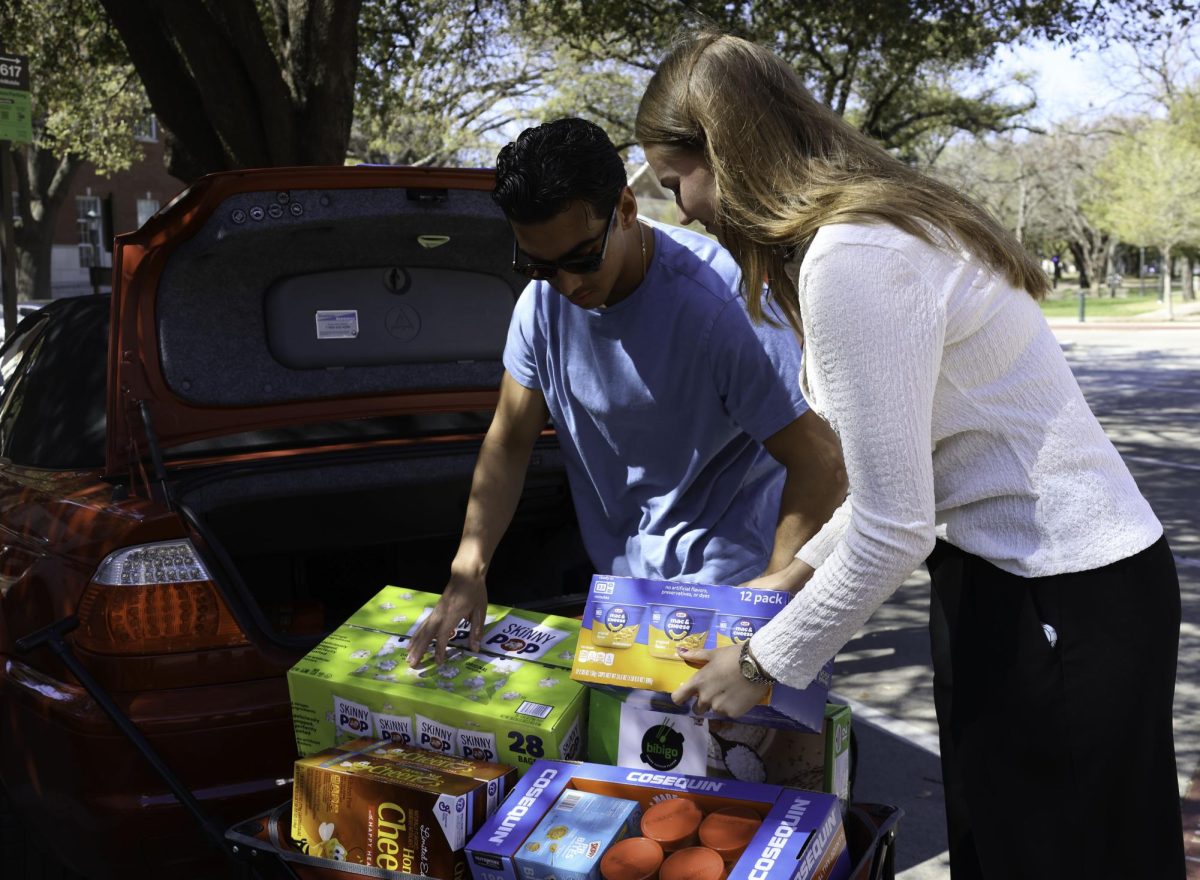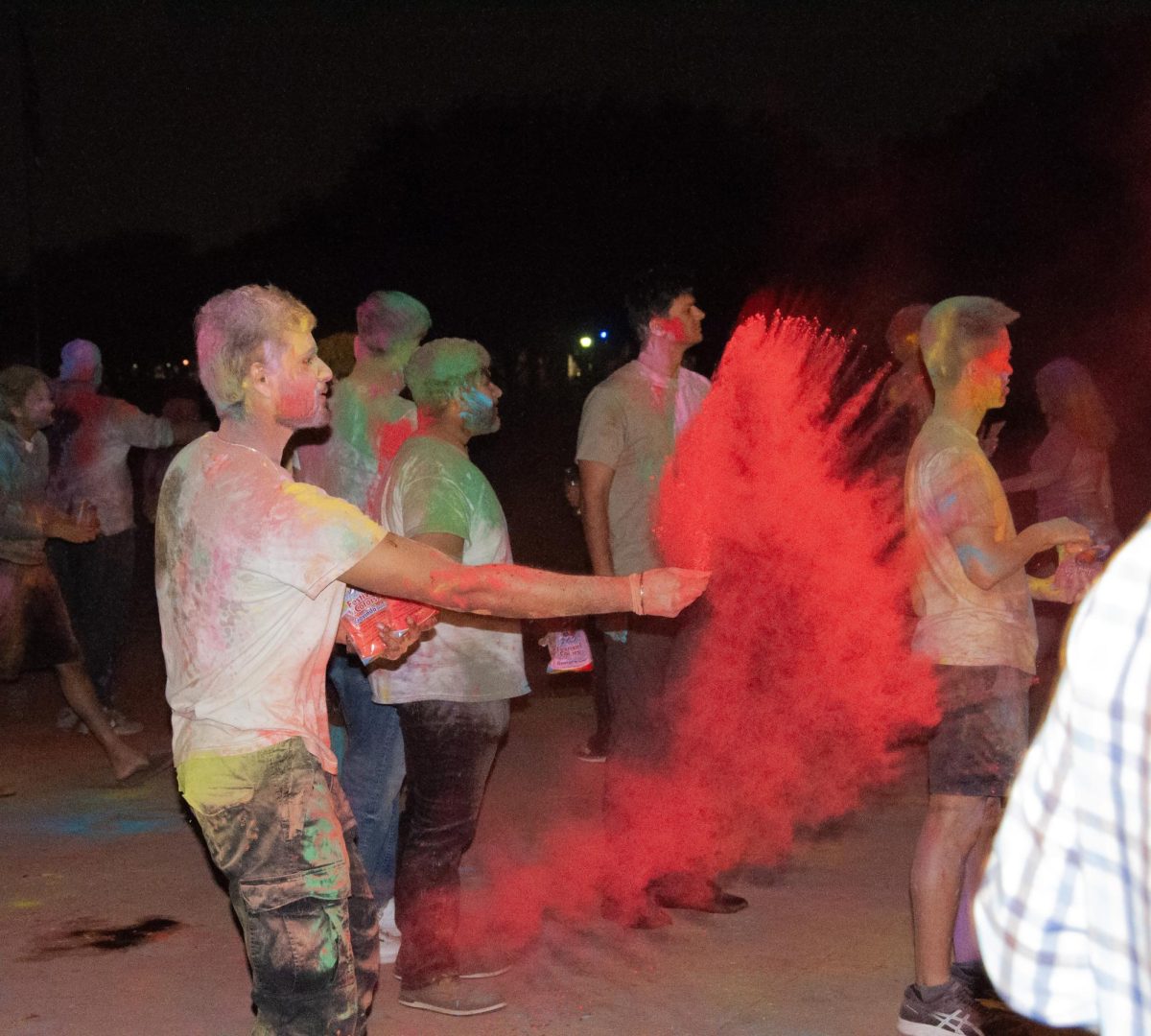The SMU Women and LGBT Center hosted LGBT Dialogues where students, faculty and religious leaders said religious and LGBT identities can intersect, on March 20 in Hughes-Trigg.
The subtopics included the importance of LGBT representation in places of worship and their acceptance into those communities. The conversation always came back to affirmation within religious communities being of the utmost importance to those who are LGBT and want to practice their faith.
“This conversation is really about making sure that people know that pretty much in every single faith tradition you can be fully both religious and LGBT,” said Valerie Erwin, the program adviser at the Women and LGBT Center.
Dr. David Doyle, one of the discussion facilitators, said the topics of religion and the LGBT community together can be an alien concept when they are combined, because faith and being LGBT are not always in tandem.
Personal stories and anecdotes were shared in the discussion. One student said that they grew up in a religious Southern Baptist family, and that his church created an environment that was not accepting of LGBT people. Therefore, they found it easier to just abandon their religion altogether. Erwin said that she has dealt with many students at the center that come from various religious backgrounds.
“I know a lot of students who have a horrible faith experience and then just say ‘No I’m done’ and that is fine but there are also students who are really connected to their faith,” Erwin said. “Faith provides them a full strong experience and that’s really important to them.”
LGBT students said many members of their community have felt like they have to choose either religion or their LGBT identity, but not anymore.
Andrea, a junior who chose to not reveal her last name to keep her identity private, is very involved in her church and is even able to serve in ministries she is passionate about. Andrea said she sees religion as a big part of who she is, but she also wants to be her authentic self, therefore having a place of worship that’s open and affirming is very important to her.
“It’s especially important when the conversations are about faith because I feel like it’s something that’s not talked about very much at college,” she said. “Being able to include that in these discussions and seeing how that aspect plays into these conversations of identity is really important.”
Leaders in religious communities such as SMU Hillel Director, Rabbi Heidi Coretz, and United Methodist Church Pastor, Rev. Michael Bockman, said that some religious institutions are not prepared or don’t know how to handle these changes and the integration of the LGBT community. They also said that there are conversations happening within their respective religious groups on how to be more accepting and accommodate the needs of the LGBT community.
The Women and LGBT Center has hosted these LGBT Dialogues for five years. Erwin said students request to have this specific topic of religion in the lineup of topics for the discussions every year, and it’s one of the best-attended discussions of the year. These dialogues happen every month and are open to all SMU students.















